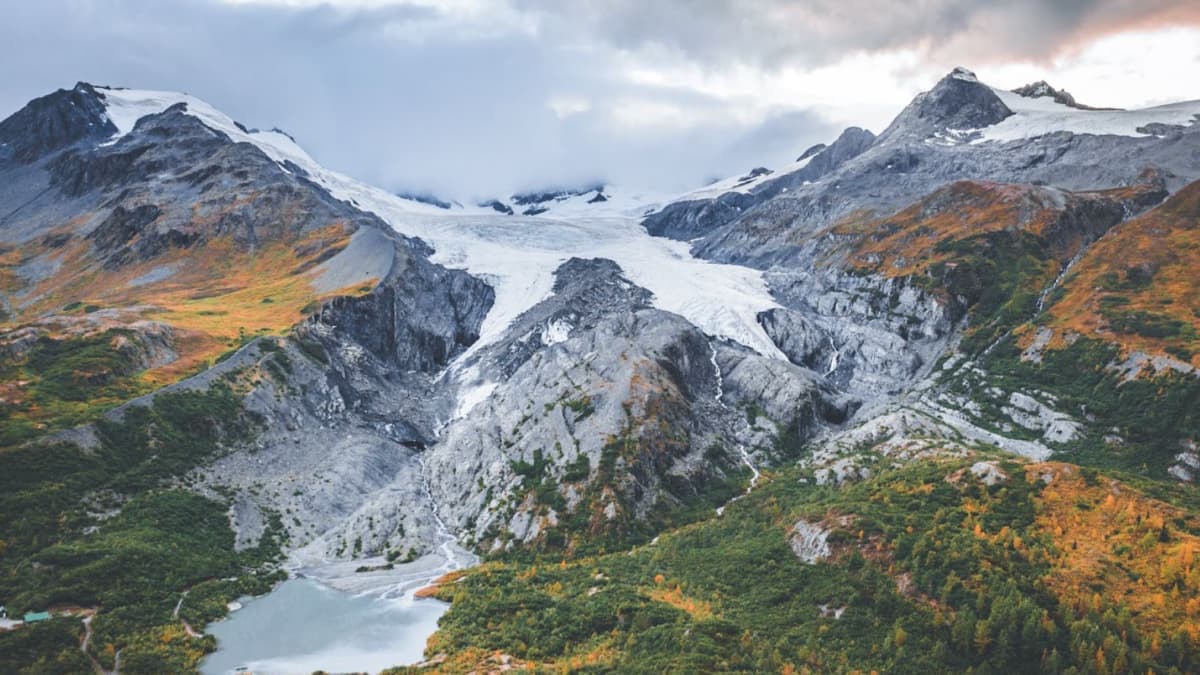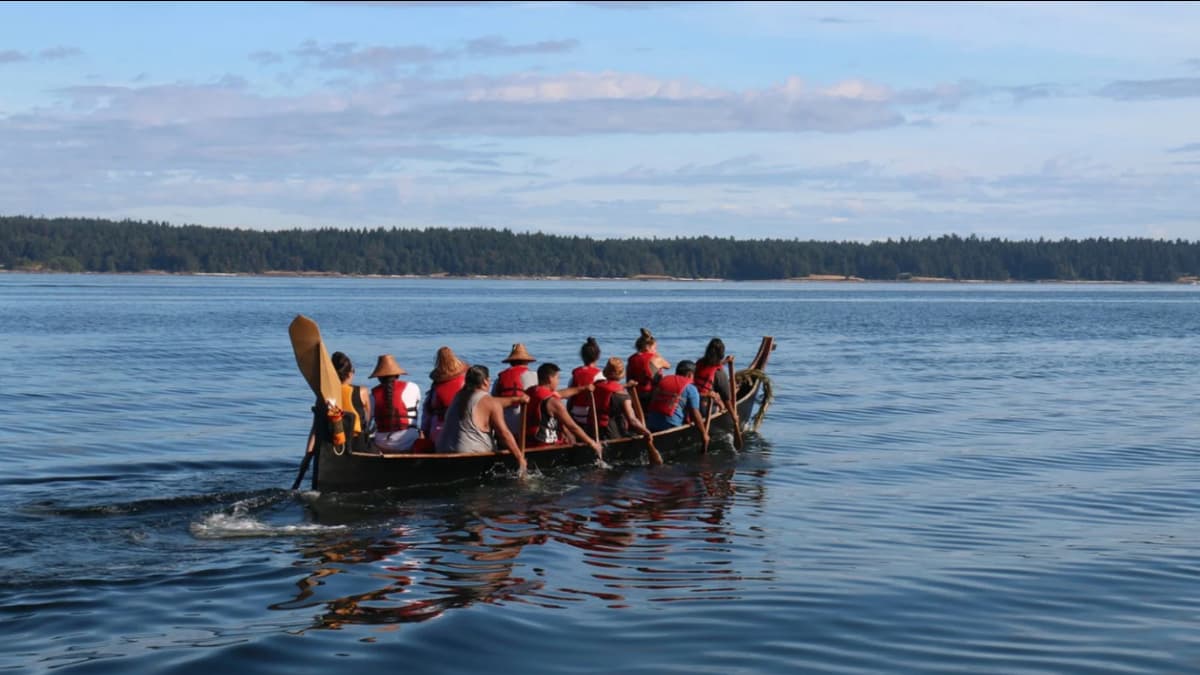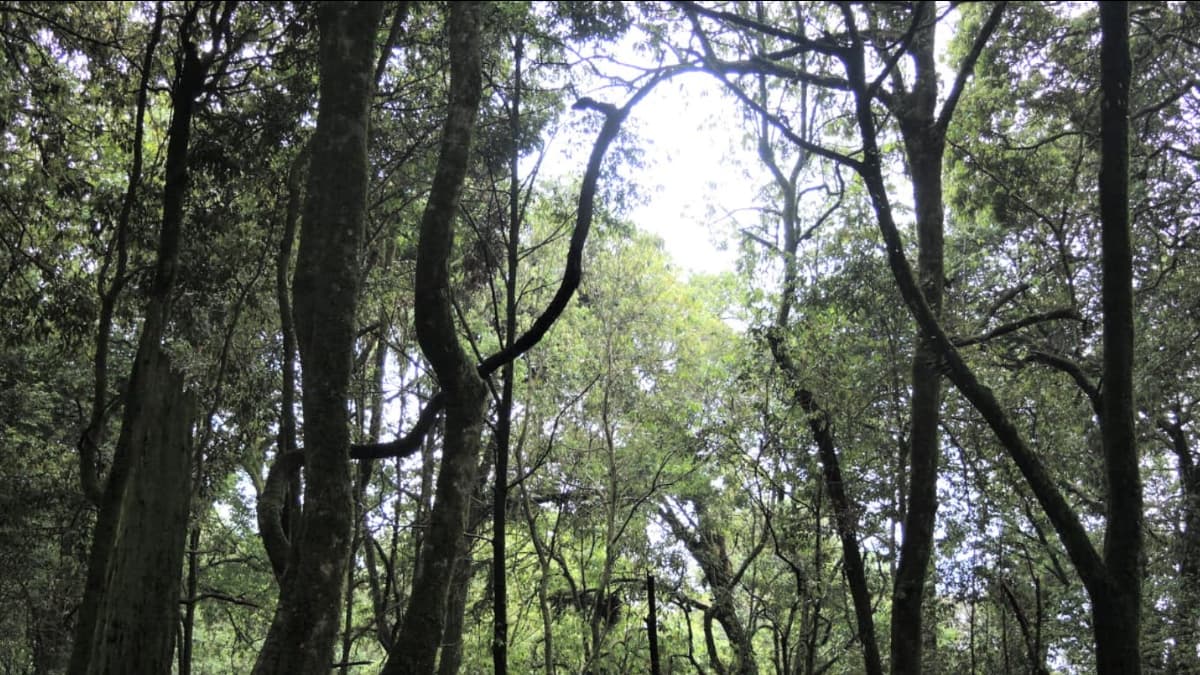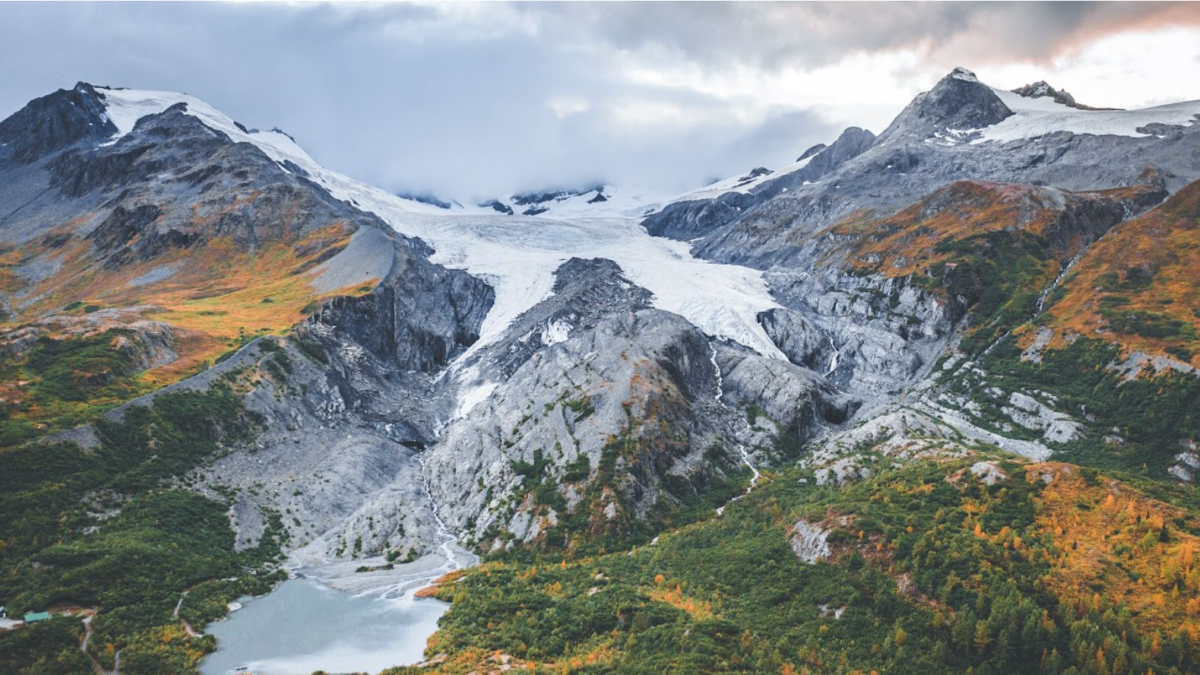Supporting WCS Canada and its Partners in Planning for Climate Resilience in the Yukon Region

Photo by Grace Simoneau
CBI co-produced the Yukon Spatial Data Tool for the Wildlife Conservation Society (WCS) Canada. This tool can be used to visualize spatial datasets, overlay multiple data layers, and extract data for different areas, including user-defined extents. Currently, the tool houses endemic and at-risk plant species in Yukon and Alaska Beringia, including habitat suitability, current and future modeled species distributions, range losses, potential climate-change refugia, and species richness by habitat type. This tool along with the Yukon’s Climate Change Adaptation Planning Atlas built on Data Basin – CBI’s collaborative spatial platform – provides powerful resources for WCS Canada and its First Nation partners to effectively plan for climate resilience.
Listening, Learning, and Walking Alongside Tribes

Photo Source | https://canadiangeographic.ca
CBI’s mission to advance the conservation of biological diversity and an ecologically sustainable planet resonates well with the core vision, cultures, and concerns of tribal groups of North America. We have a lot to learn from tribal traditional knowledge on balancing the needs of nature and humans. Building on one of our scientist’s experience working with the Soliga tribal people of India in community-based conservation, we are embarking on a journey to learn alongside North American tribes, seeking to understand how they conceptualize and manage the ecology of natural resources, and how this knowledge can inform our understanding and practice of conservation science. At the 2023 Tribal Clean Energy Summit organized by the Affiliated Tribes of Northwest Indians (ATNI) we learned how tribes are focusing on strategies to build energy resilience, while ensuring energy sovereignty, and addressing youth and workforce development. In another summit on water organized by ATNI as part of its Changing Currents project, tribal leaders expressed concern about the status of culturally vital First Foods like salmon and the lesser known lamprey and their habitats on land and sea. We also learned that tribal concerns have not been adequately heard and addressed in the offshore wind development off the West Coast of the United States. Both summits reflected a deep sense of resilience, hope, and opportunity for the future among the tribes. Tribal leaders understand that ecology doesn’t stop at reservation borders, and therefore seek mutually beneficial collaborative opportunities to restore and conserve habitats for a diverse array of plants and animals. Walking alongside starts with humility and respect, and forging trusting relationships. We will all benefit if we walk alongside each other, respect each other’s epistemologies, and work towards an ecologically sustainable world. We at CBI have started our journey to listen, learn, and walk alongside tribes in our common mission to restore an ecologically sustainable world.
New Publication

Photo by Yangchenla Bhutia
A CBI scientist was part of a study to research the transpirational dynamics of trees from the tropical montane forests of the Eastern Himalayas. This study was part of a larger project to better understand landscape-level water budgets in these rapidly changing mega-diverse ecosystems of the world. Some of the fun aspects of this study were customizing and testing inexpensive sap flow sensors to measure and estimate transpiration. The study suggests that forests with a dominance of shallow-rooted pioneers are more prone to the negative impacts of drier and warmer winters than primary forests, which are dominated by deep-rooted species. The study provides an empirical understanding of how life-history traits coupled with microclimate can modulate plant water use in the widely distributed secondary montane forests of Eastern Himalaya and highlights their vulnerability to warmer winters and reduced winter precipitation due to climate change.
